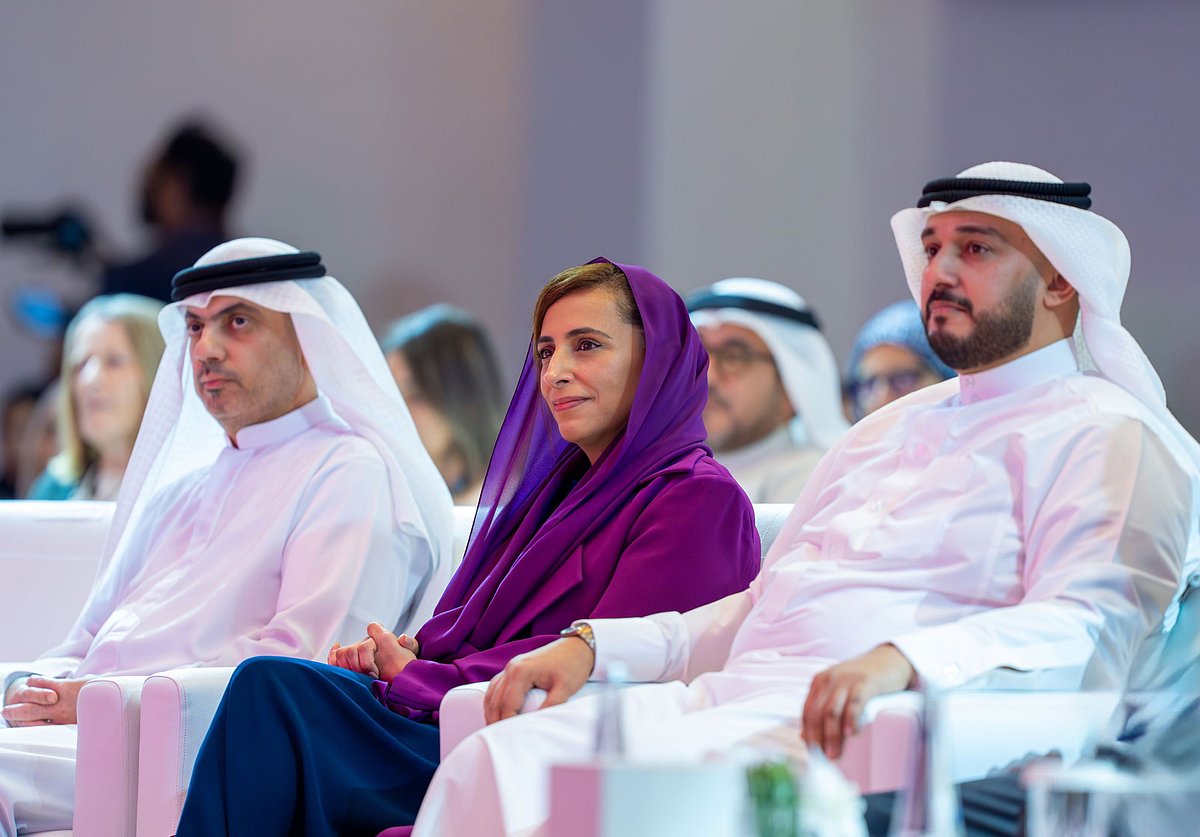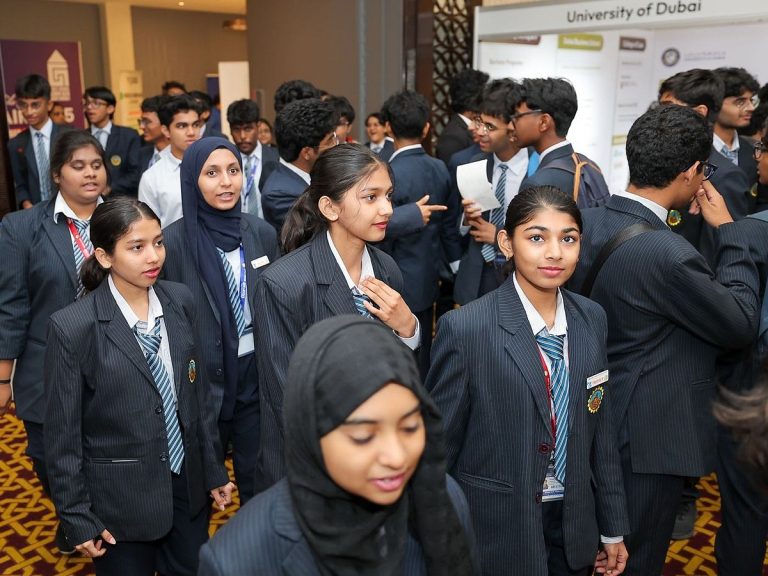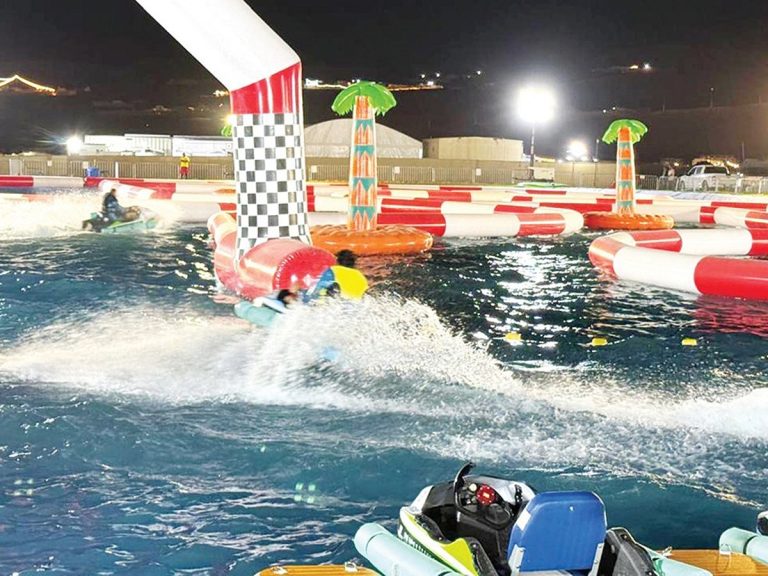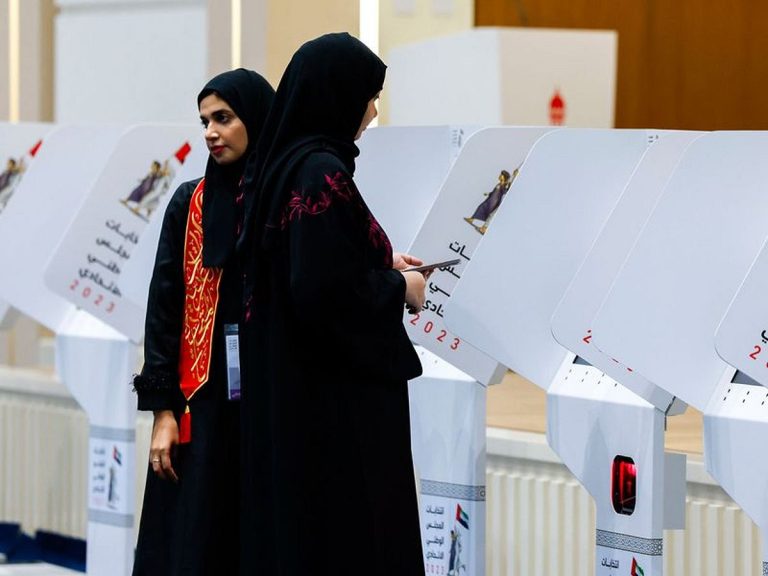Sharjah’s Early Childhood Literacy Conference Begins
The second edition of the Early Childhood Literacy Conference has commenced in Sharjah, focusing on enhancing Arabic literacy in early childhood education. Organized by Kalimat Group in collaboration with the National Academy for Childhood Development and supported by National Paints LLC, the event runs from October 10 to 12 at the Higher Education and Scientific Research Council.
A Milestone in Early Childhood Education
This conference is the first of its kind in the Arab world, representing a significant step forward in early childhood education. It gathers experts from various fields to discuss innovative methods for integrating songs, stories, play, arts, and technology into Arabic language learning. The agenda includes research-based strategies for teaching Arabic to young children, the impact of artificial intelligence and digital tools on literacy development, and the role of children’s literature and folktales in shaping identity and fostering a love for reading.
Keynote Address and Conference Highlights
During her keynote address, Sheikha Bodour Al Qasimi, Founder and CEO of Kalimat Group, emphasized the importance of language in shaping identity. She stated, “Teaching Arabic in early childhood is about fostering communication and a sense of belonging.” Sheikha Bodour’s remarks reflect Sharjah’s broader vision, guided by His Highness Sheikh Dr. Sultan bin Mohammed Al Qasimi, to cultivate a confident generation in their language and culture.
Following the opening ceremony, Sheikha Bodour toured various sections of the conference, including the “Border Crossings” exhibition. This Reggio Emilia-inspired display, created in collaboration with Reggio Children and the Reggio Emilia Istituzione of Municipal Preschools and Infant-Toddler Centres, showcases how children explore the interplay between nature and digital media. She also visited the workshop area, where hands-on training sessions are conducted by both local and international experts, and the books corner featuring early childhood educational materials. Her tour concluded at the main stage, where panel discussions and presentations by leading academics and educators are taking place.
Strategic Partnerships and Community Impact
Dr. Meera Saeed AlKaabi, Chief of the National Academy for Childhood Development, highlighted the significance of the Arabic language in fostering national identity and cultural belonging. She noted that the conference serves as a platform for sharing expertise and presenting the latest educational practices. Dr. AlKaabi emphasized the importance of supporting caregivers, educators, and families through integrated learning programs that focus on quality and long-term community impact.
Samer Al Sayegh, Managing Director of National Paints LLC, echoed this sentiment, stating that preserving the Arabic language is crucial for maintaining identity and inspiring future generations. He expressed the company’s commitment to exploring creative ways to engage children and nurture their love for the Arabic language through imaginative approaches.
Panel Discussions and Educational Initiatives
The opening day featured a panel discussion titled “UAE Government Achievements in Promoting Arabic in Early Childhood.” This session included prominent figures such as Aisha Miran, Director General of the Knowledge and Human Development Authority in Dubai, Dr. Muhadditha Al Hashimi, Chairperson of the Sharjah Private Education Authority, and Salah Al Housani, Chairman of the Teachers Association – UAE. Moderated by Dr. Abdelsalam Alhammadi, the discussion highlighted the UAE’s national efforts to strengthen Arabic in early education, including curriculum reforms and teacher training programs.
During the ceremony, strategic partners were recognized for their contributions, including the National Academy for Early Childhood Development, National Paints, and the Sharjah Private Education Authority. These partnerships underscore the collaborative effort to enhance early childhood education and promote Arabic literacy.
Comprehensive Conference Program
The conference features an extensive program with 16 panel sessions and 26 workshops led by 48 distinguished speakers. Topics cover a wide range of themes, including the science of reading in Arabic, the language’s influence on cognitive and physical development, and evidence-based teaching methodologies. Sessions also explore the integration of artificial intelligence and technology in Arabic instruction, visual learning pathways, and play-based language acquisition. Additionally, discussions on folktales, children’s literature, and early exposure to reading are included, along with Arabic teaching approaches inspired by Montessori, Reggio Emilia, and Cambridge models. This program is designed for educators across the emirates seeking to enhance their expertise and classroom practices.
FAQs
What is the purpose of the Early Childhood Literacy Conference?
The conference aims to enhance Arabic literacy in early childhood education by exploring innovative teaching methods and sharing best practices among educators and experts.
Who are the key speakers at the conference?
The conference features a variety of distinguished speakers, including educators, academics, and leaders in early childhood development, who address critical themes related to Arabic literacy and education.
How can educators benefit from attending the conference?
Educators can gain insights into the latest research, teaching methodologies, and practical strategies for improving Arabic literacy in young children, enhancing their professional development and classroom effectiveness.
Conclusion
The Early Childhood Literacy Conference in Sharjah represents a pivotal moment for advancing Arabic literacy in early education. By bringing together experts and fostering collaboration, the event aims to equip educators with the tools and knowledge necessary to nurture a love for the Arabic language among young learners. As the conference unfolds, it promises to lay the groundwork for future initiatives that prioritize language acquisition and cognitive growth in early childhood education.
Also Read:
Dubai’s First Interchange: A Milestone in Infrastructure







